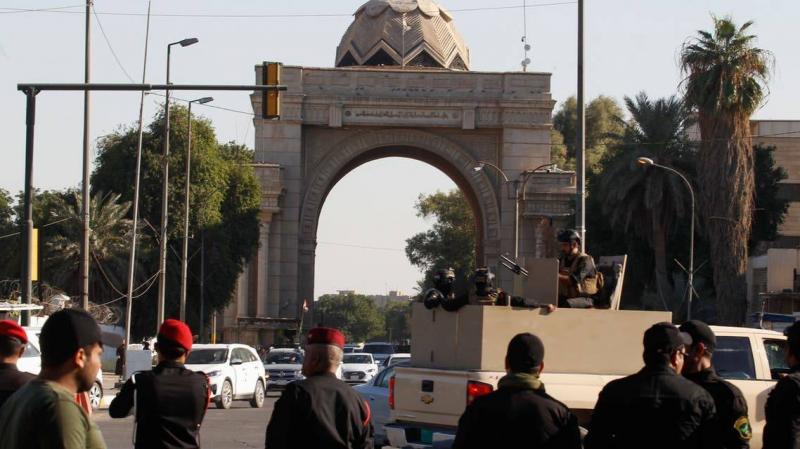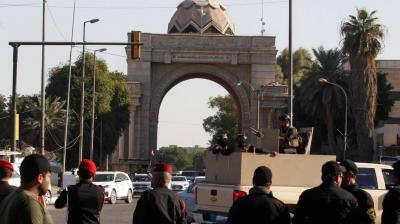The file for electing a new President of Iraq remains suspended as the Federal Court is expected to decide today, Sunday, the fate of the Kurdistan Democratic Party's candidate, Hoshyar Zebari. There is also anticipation of a consensus between the two main Kurdish parties in the country (the Democratic Party and the Patriotic Union of Kurdistan). The court is expected to issue a ruling today regarding the legality of Zebari's candidacy, against which several MPs have filed a lawsuit citing his ineligibility due to corruption cases, although his party continues to support him.
Regarding the meeting in Erbil, the Patriotic Union of Kurdistan is still insisting on its candidate, the current President Barham Salih. However, there have been no details leaked about the outcome of the meeting held two days ago in Erbil between the leader of the Democratic Party, Masoud Barzani, and the leader of the Union, Pavel Talabani. Some Kurdish sources reported, according to the newspaper "Asharq Al-Awsat," that Barzani proposed to Talabani that the Patriotic Union should give up the presidency in exchange for securing the three ministries allocated for the Kurds in Baghdad, including a sovereign ministry among defense, interior, foreign affairs, finance, and oil. Alternatively, both parties could withdraw their candidates, Salih and Zebari, and agree on a consensus candidate from the Patriotic Union.
However, the core of the disagreement between the two parties apparently does not relate to the names, as the Democratic Party, allied with the Sadrist movement, opposes the "Union" holding this position for approximately 17 years. Meanwhile, allies of the Patriotic Union (especially factions within the Coordination Framework) fear the trio's complete dominance over power.
It is noteworthy that the ongoing disputes between the two main Kurdish parties and their allies prevented the legal quorum from being achieved last week, as only 58 out of 329 MPs attended the election session, which is less than the two-thirds majority required to elect a new president for the country. Although this position is ceremonial and does not possess executive powers, the disagreement over it reflects broader political disputes, particularly between Muqtada al-Sadr's Sadrist movement and the Coordination Framework supporting the Patriotic Union.




